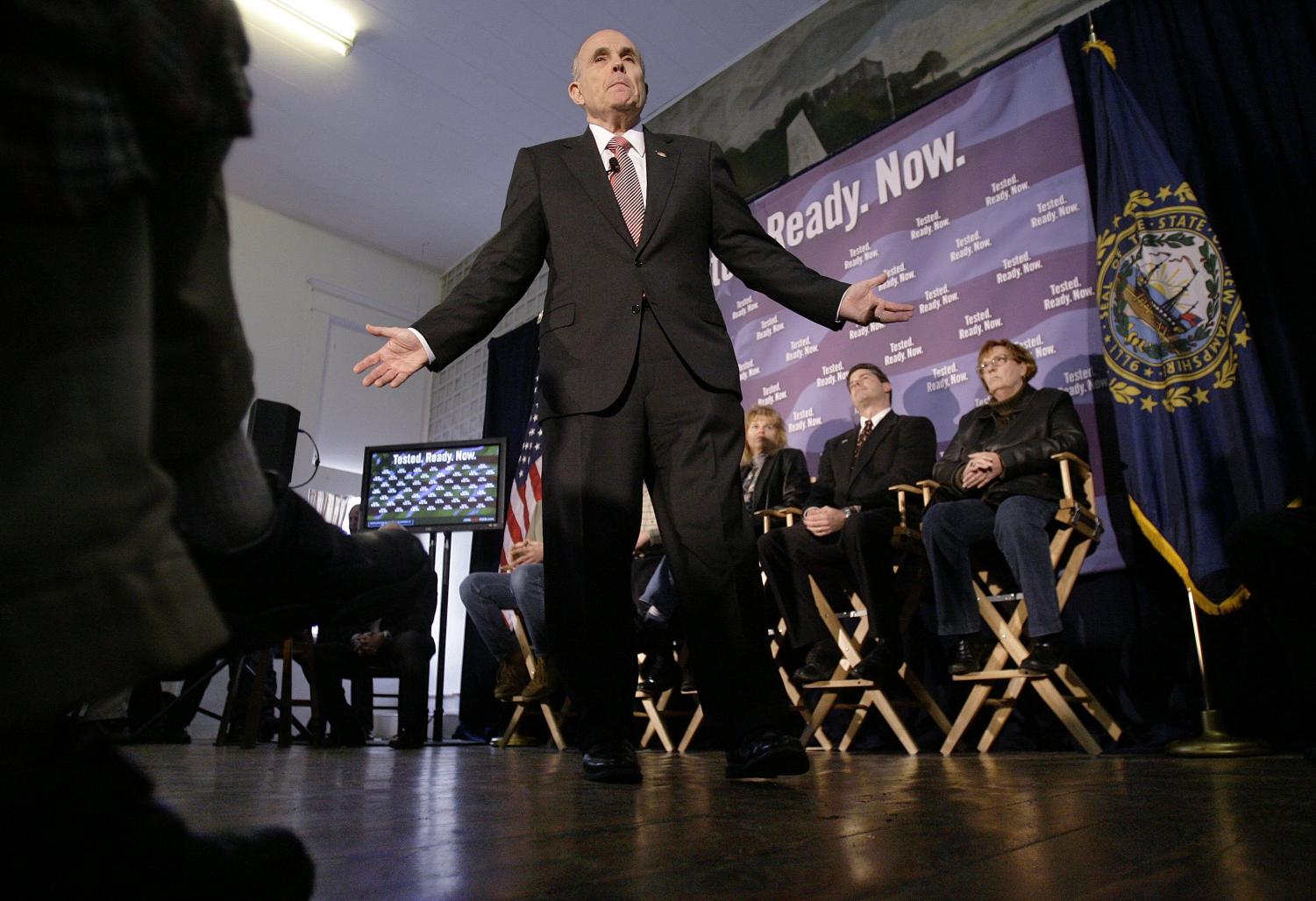Vote-by-mail ballots go out this week in the nation’s most populous state, forcing presidential campaigns to consider using scarce dollars to lure early California voters while contests unfold in New Hampshire, South Carolina and Nevada.
More than half the total votes in California’s Feb. 5 primary could be mailed in, and many of those ballots will be cast long before Election Day in a state that has seen scant evidence of the 2008 presidential campaign.
For many Biola students away from their permanent voting district, choosing to vote absentee has become a viable alternative.
At Biola’s mailbox center the absentee ballots have already begun flowing in. Mailbox center worker Deja Villegas confirmed that a number of absentee ballots have already come through and been stuffed into student mailboxes this week.
California isn’t alone. Residents of 11 states _ Alabama, Delaware, Florida, Georgia, Illinois, Michigan, Missouri, New Hampshire, New Jersey, South Carolina and Utah _ have been able to vote by mail for their favorite candidates since December.
The first was Michigan, where absentee ballots were made available Dec. 1 for the Jan. 15 primary.
But California is the biggest prize with the most delegates. With a wide-open race in both parties, results from early contests will carry inevitable weight here as voters make decisions in what amounts to a rolling, month-long primary election.
Spending on advertising, mail and phone banks –the essential tools of reaching voters –will be tight in California as money is sucked up by earlier contests, where strong finishes could mean the difference between failure and survival. Leading campaigns have yet to run TV ads in the state.
The compressed primary schedule ”terribly complicates a campaign’s ability to get its message across,” said Democratic strategist Garry South, a veteran of Sen. Joe Lieberman’s 2004 presidential bid. ”Voters in California will be sending ballots back before candidates get here.”
Besides California, more than 20 other states hold nominating contests on Feb. 5, including New York, New Jersey, and Illinois.
Winners of early contests typically get a surge in fundraising, which will mean more money for those candidates, less for others. In coming days, many campaigns will be reluctant or unable to finance substantial activity in California because of demands elsewhere. Budgets for TV ads and mail in the state remain tentative, although Hillary Rodham Clinton recently financed a mass mailing to voters.
”The pressures are incredible,” said veteran Democratic consultant Bill Carrick, who’s worked on presidential campaigns for Bill Clinton, Dick Gephardt and Ted Kennedy. He predicted most candidates’ budgets in California would be on hold until after the South Carolina primaries later this month because ”that’s just the practical reality of it.”
The use of mail-in ballots has grown rapidly in California in recent years, and analysts predict it could hit a record in 2008.
In 2000, about one-fourth of the ballots cast in the presidential election came by mail. That grew to 33 percent in 2004. This year, analysts and campaign officials say it could be more than half.
Some 4 million voters in the state are enrolled as ”permanent absentee voters,” meaning early ballots for the primaries will automatically go to their homes.
Only better-funded campaigns have been able to assemble significant organizations aimed at influencing voters.
Volunteers for Democrats Barack Obama and Clinton, for example, have made hundreds of thousands of phone calls to potential supporters. Republican Rudy Giuliani has a paid staff of about 20 in California, directing its volunteers and phone banks, while Mitt Romney has a paid staff of four.
The state primary could be especially important for Giuliani, who has largely bypassed early contests in Iowa and New Hampshire in favor of a strategy that concentrates on delegate-rich states like California.
”Candidates who win the early races will get some benefit out of that, some momentum,” campaign manager Mike DuHaime said. But ”we’ve got a strong enough organization to withstand any momentum that anyone gets.”







